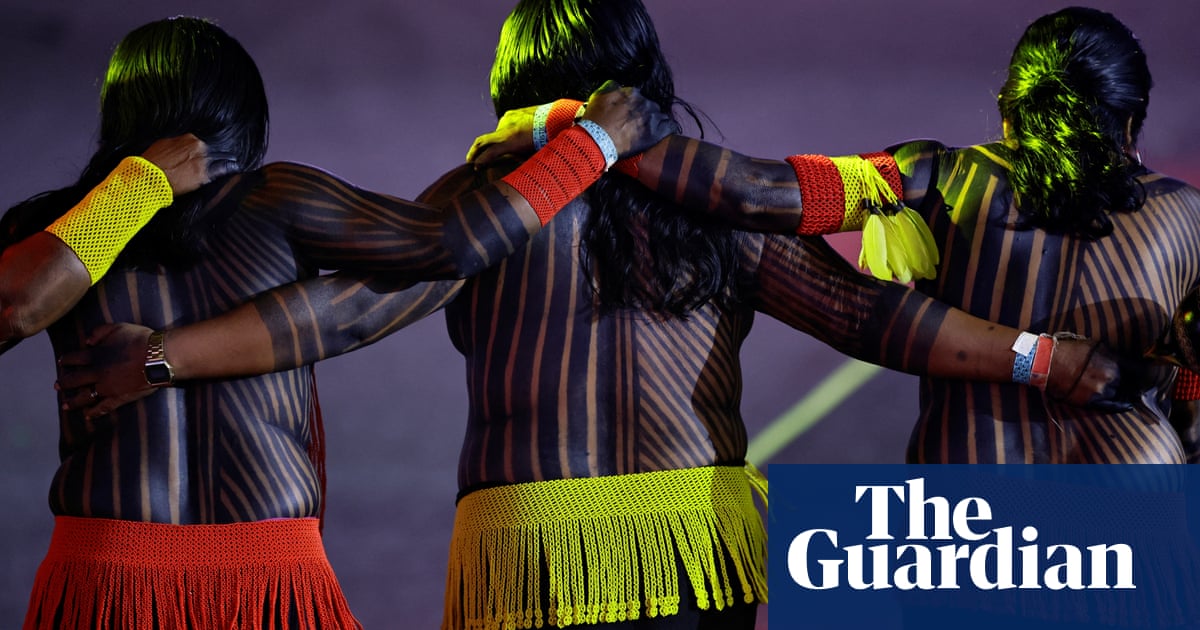The 37-year-old is part of a growing number of Brazilians reclaiming their Indigenous identity, as reflected in new census data published on Monday. According to the Brazilian Institute of Geography and Statistics (IBGE), the number of people identifying as Indigenous has increased by nearly 90% in just 12 years, from 896,917 to 1.69 million.
Imo, the indigenous movement is really gaining global momentum, finally
This is the best summary I could come up with:
Decimated first by disease, war and enslavement, and more recently by state oppression and a policy of miscegenation that effectively erased Indigenous experiences, the native population had officially fallen to a few hundred thousand by the end of the 20th century.
Increasingly meticulous work by the IBGE, both within and outside Indigenous territories, has helped produce ever more accurate data on Brazil’s native population in the census.
But this growth in official statistics also reflects the success of an organised Indigenous movement that has fought tirelessly to gain rights, visibility and a political voice in the last four decades.
Even the violent anti-Indigenous stance of the previous Jair Bolsonaro government could not roll back a process of growing appreciation for Indigenous cultures and causes.
To that end he founded the Wyka Kwara Association, an organisation that has welcomed around 1,000 urban Indigenous people as they seek to reconnect with their culture and communities.
After tracing back her Indigenous ancestry that had been erased through a process of urban migration, Ferreira identifies as Goitacá, a group from the northern coast of Rio de Janeiro state officially declared extinct centuries ago.
I’m a bot and I’m open source!


